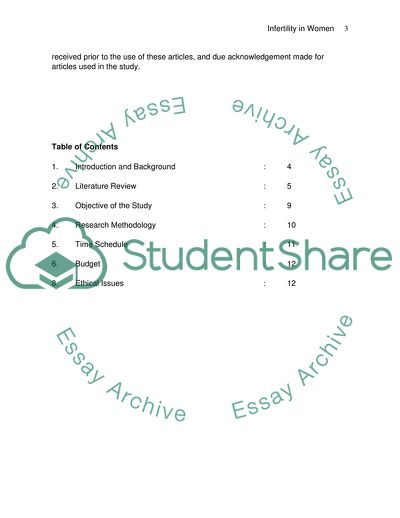Cite this document
(Acupuncture and Herbal Medicine in Women's Health: Infertility in Research Proposal, n.d.)
Acupuncture and Herbal Medicine in Women's Health: Infertility in Research Proposal. https://studentshare.org/health-sciences-medicine/1722666-acupuncture-and-herbal-medicine-in-womens-health-gyneacology-specialising-in-infertility-in-women
Acupuncture and Herbal Medicine in Women's Health: Infertility in Research Proposal. https://studentshare.org/health-sciences-medicine/1722666-acupuncture-and-herbal-medicine-in-womens-health-gyneacology-specialising-in-infertility-in-women
(Acupuncture and Herbal Medicine in Women'S Health: Infertility in Research Proposal)
Acupuncture and Herbal Medicine in Women'S Health: Infertility in Research Proposal. https://studentshare.org/health-sciences-medicine/1722666-acupuncture-and-herbal-medicine-in-womens-health-gyneacology-specialising-in-infertility-in-women.
Acupuncture and Herbal Medicine in Women'S Health: Infertility in Research Proposal. https://studentshare.org/health-sciences-medicine/1722666-acupuncture-and-herbal-medicine-in-womens-health-gyneacology-specialising-in-infertility-in-women.
“Acupuncture and Herbal Medicine in Women'S Health: Infertility in Research Proposal”. https://studentshare.org/health-sciences-medicine/1722666-acupuncture-and-herbal-medicine-in-womens-health-gyneacology-specialising-in-infertility-in-women.


